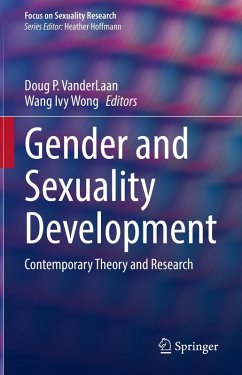
A Transnational Feminist View of Surrogacy Biomarkets in India (eBook, PDF)
Versandkostenfrei!
Sofort per Download lieferbar
72,95 €
inkl. MwSt.
Weitere Ausgaben:

PAYBACK Punkte
36 °P sammeln!
Applies a reproductive justice approach to 'transnational feminism' in an attempt to build a global feminist solidarity
Provides ethnographical insights from the author's empirical research in India
Introduces 'humanitarian feminism' as a concept identifying humane thresholds that are crossed in asserting individual reproductive rights
Provides ethnographical insights from the author's empirical research in India
Introduces 'humanitarian feminism' as a concept identifying humane thresholds that are crossed in asserting individual reproductive rights
Dieser Download kann aus rechtlichen Gründen nur mit Rechnungsadresse in A, B, BG, CY, CZ, D, DK, EW, E, FIN, F, GR, HR, H, IRL, I, LT, L, LR, M, NL, PL, P, R, S, SLO, SK ausgeliefert werden.












